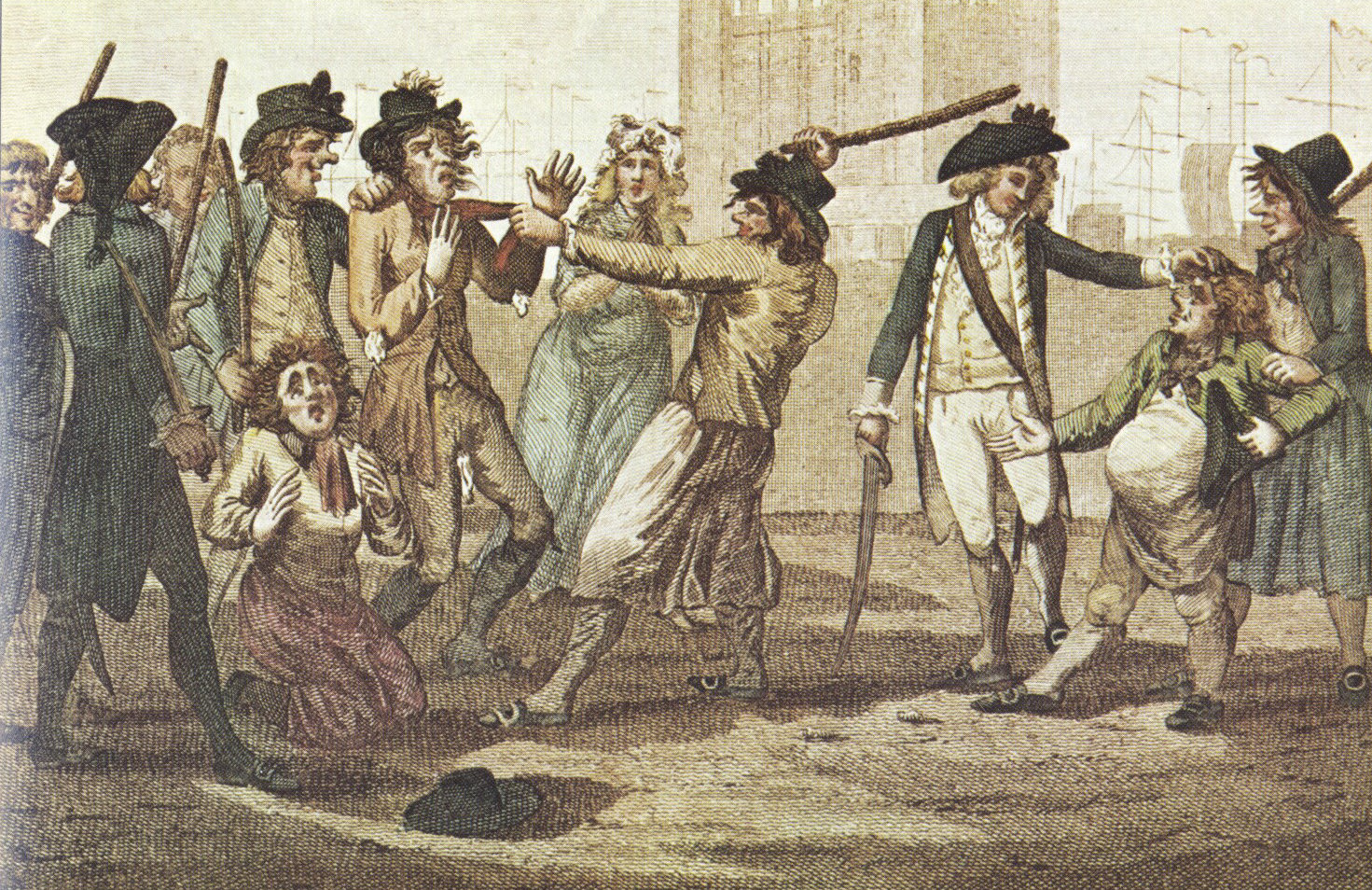
Today in Labor History November 17, 1747: The Knowles Riot occurred in Boston, with hundreds of sailors, laborers and free blacks rising up against British Navy Press Gangs. Commodore Knowles routinely had Bostonians kidnapped and forced to work on his ships. Working class protestors rampaged through Boston. Ultimately, they kidnapped several of Knowles’ officers, holding them hostage until all Bostonians were freed from his ships. The Knowles Riot was the most serious uprising by the American colonists in Colonial America prior to the Stamp Act protests of 1765. No one died, but the authorities arrested eleven people. Few days later, an anonymous writer published a pamphlet praising the rioters for defending their natural rights. Many believe it was Samuel Adams.
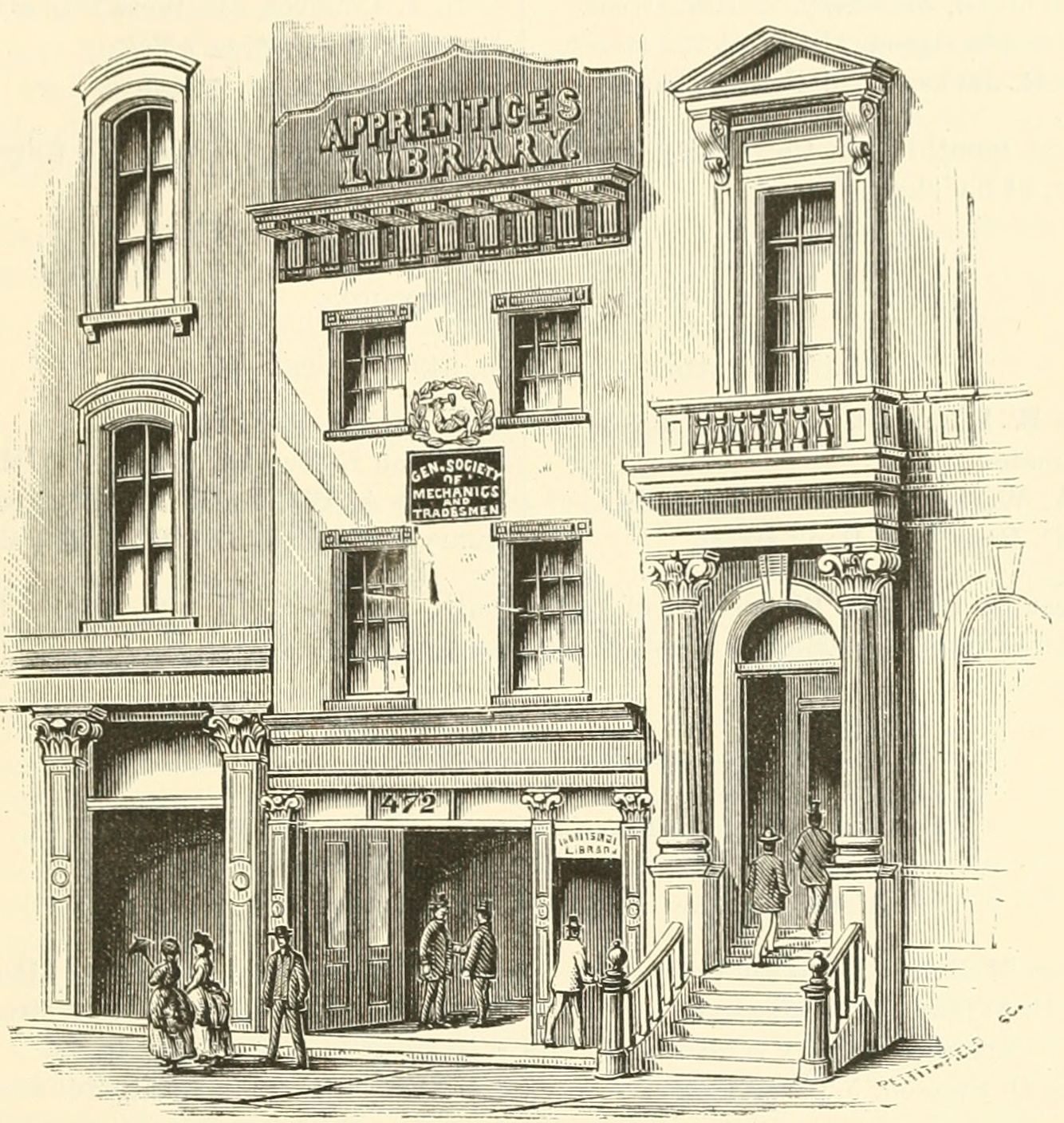
November 17, 1785: The General Society of Mechanics and Tradesmen was founded in a tavern in New York City. The Society still exists today. It created a library, clubhouse, bank and school for their apprentices, mechanics, tradesmen and their families.
1800s
Today in Labor History November 17, 1878: The maritime strike of 1878-1879 began in Victoria, New South Wales and Queensland. The sailors were supported by miners in New South Wales and by dock workers in the three colonies.
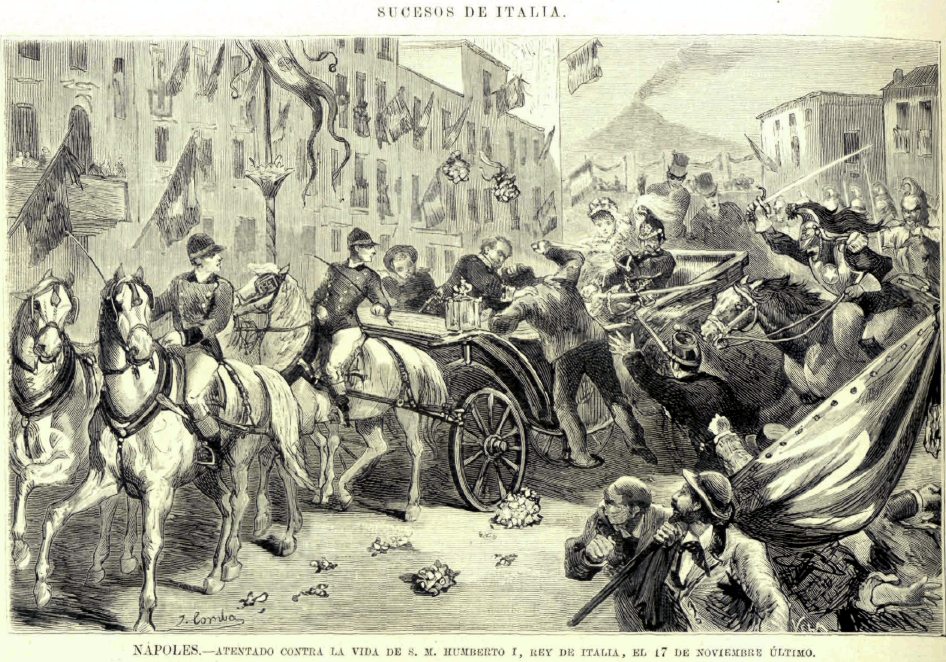
November 17, 1878: The anarchist Giovanni Passannante tried to kill King Umberto I of Italy with a dagger. The King survived with a slight wound after Prime Minister Benedetto Cairoli blocked the aggressor.
1940s
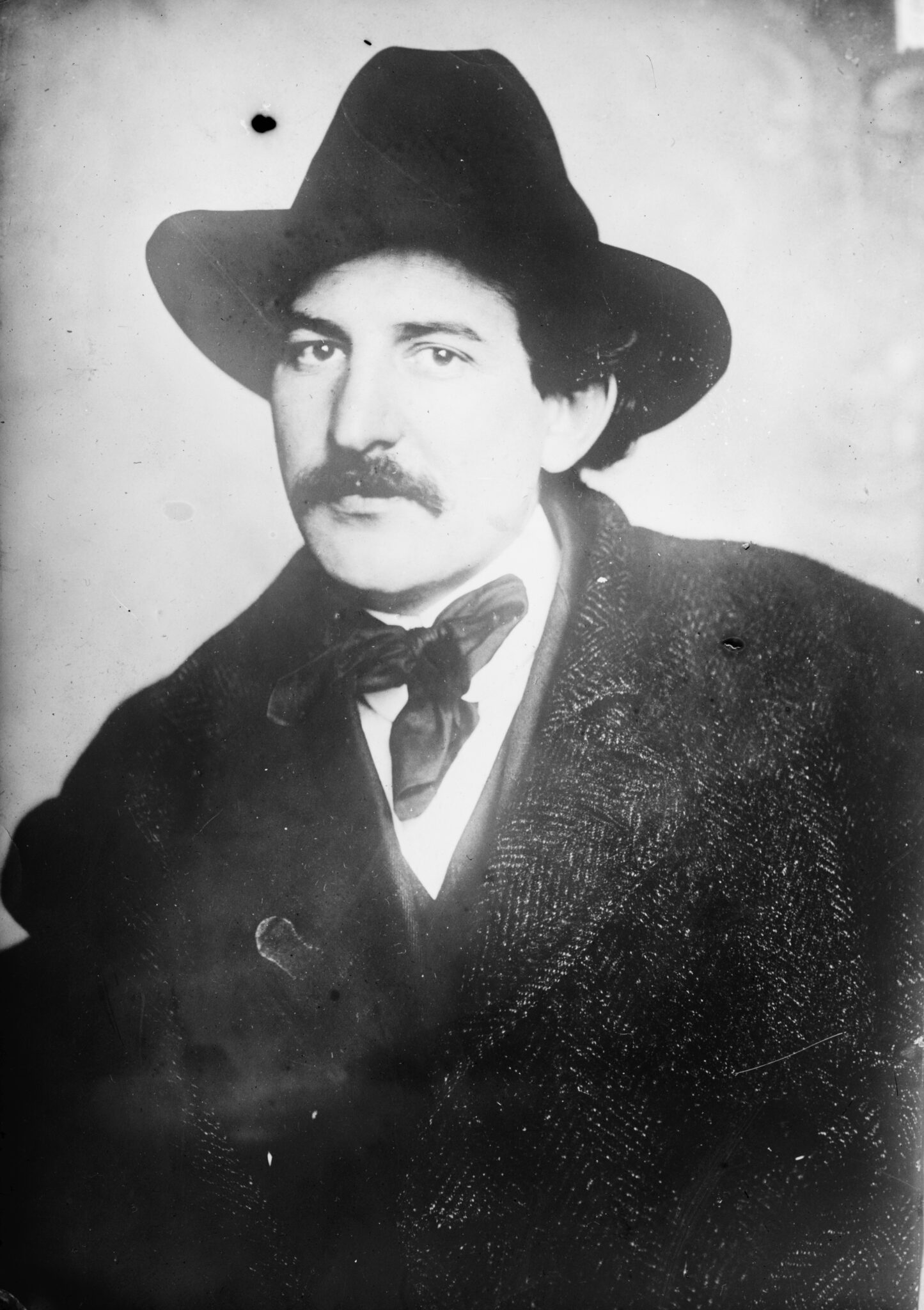
Today in Labor History November 17, 1942: Ben Reitman, hobo organizer, anarchist and one time partner of Emma Goldman, died. Reitman served as a doctor for hobos and the downtrodden and participated in numerous free speech fights and anarchist causes, getting beaten, tarred and feathered, jailed, and run out of town for his troubles, most notably during the San Diego free speech fight. He also wrote the book, “Boxcar Bertha.”
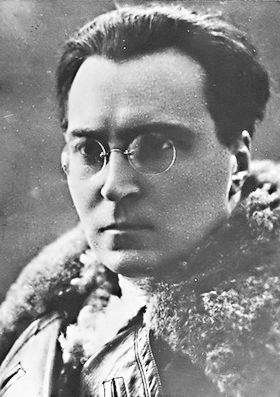
November 17, 1947: Revolutionary and author Victor Serge died. Serge lived in Paris in the early 20th century, where he participated in the Bonnot gang and collaborated with Raymond Callemin on the newspaper L’anarchie. He was in Barcelona during their anarchist uprising and contributed to the CNT’s newspaper, “Tierra y Libertad.” He went to Russia in 1918, initially in support of the communists. However, he quickly became disillusioned with the repressive, autocratic rule, criticized the party and was imprisoned. He wrote numerous books, including the classic “Birth of Our Power” and his autobiographical “Memoirs of a Revolutionist.”
1970s-1980s
Today in Labor History November 17, 1973: The Athens Polytechnic uprising against the military regime ends in a bloodshed in the Greek capital.
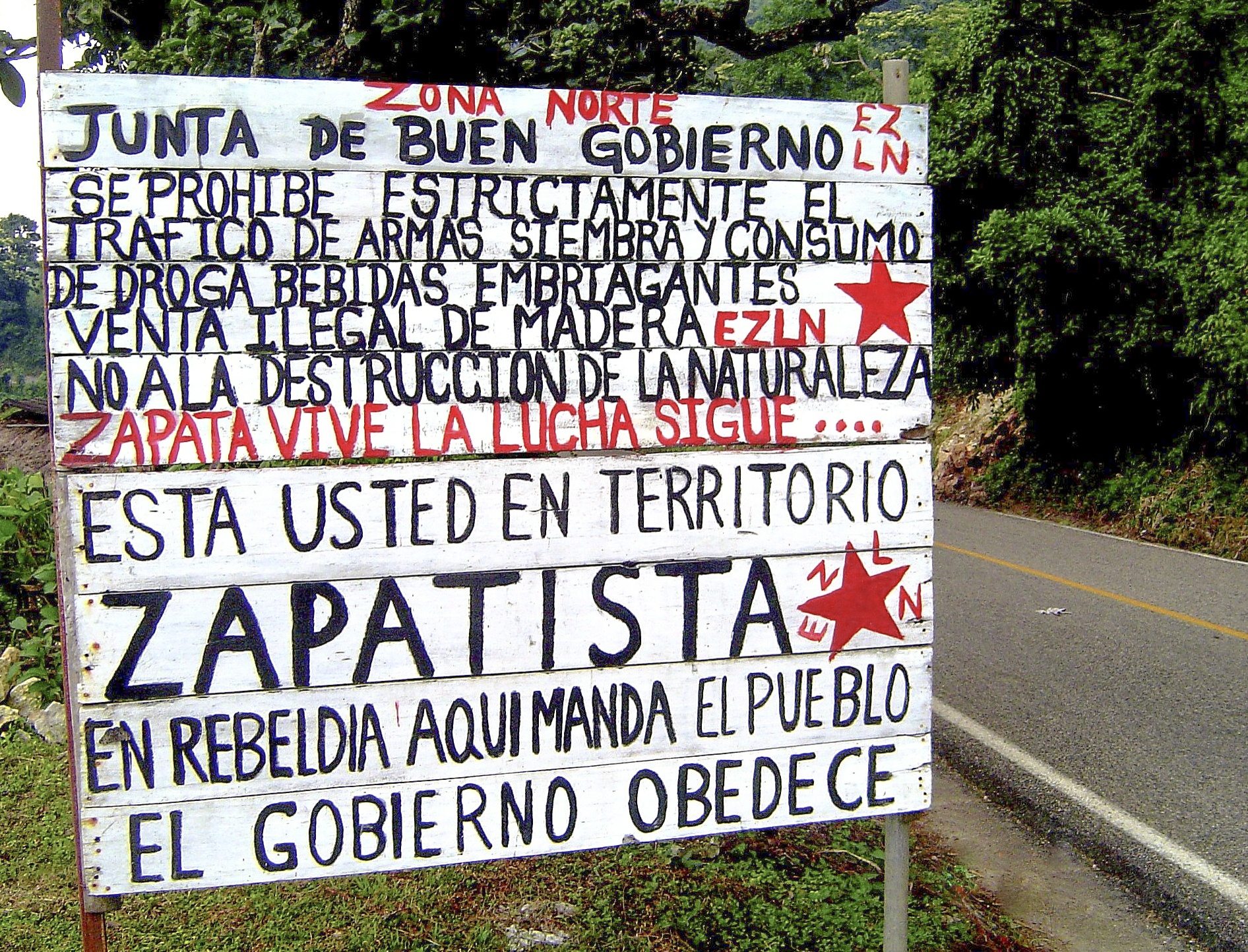
November 17, 1983: The Zapatista Army of National Liberation was founded in Mexico.
Today in Labor History November 17, 1989: Cold War: Velvet Revolution begins: In Czechoslovakia, a student demonstration in Prague is quelled by riot police. This sparks an uprising aimed at overthrowing the communist government (it succeeds on December 29).
2000s
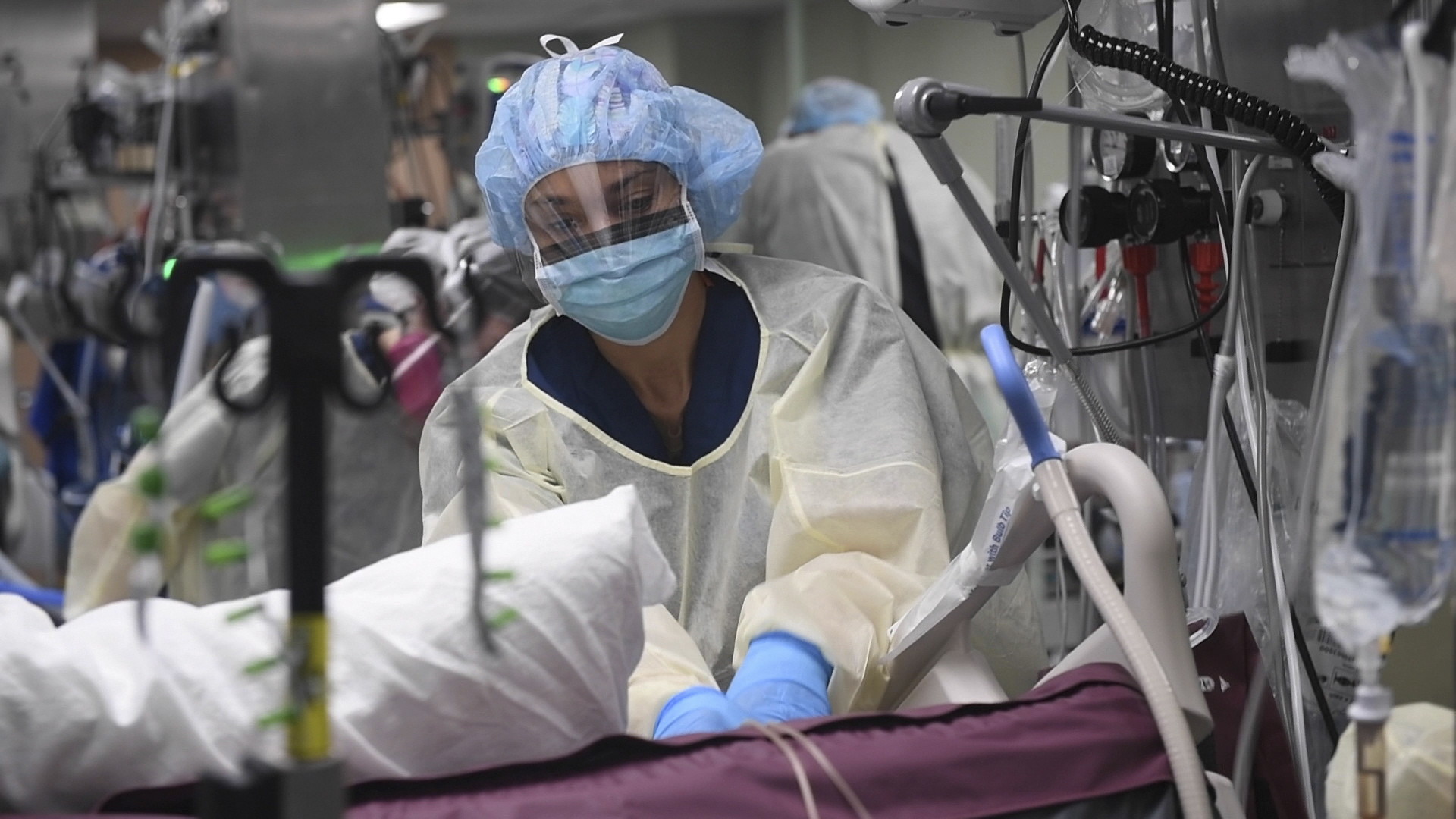
Today in Labor History November 17, 2019: The first known case of COVID-19 was traced to a 55-year-old man who had visited a market in Wuhan, Hubei Province, China.
Pingback: Today in Labor History December 30 - Michael Dunn
Pingback: Today in Labor History January 1 - Michael Dunn
Pingback: Victor Serge - Michael Dunn